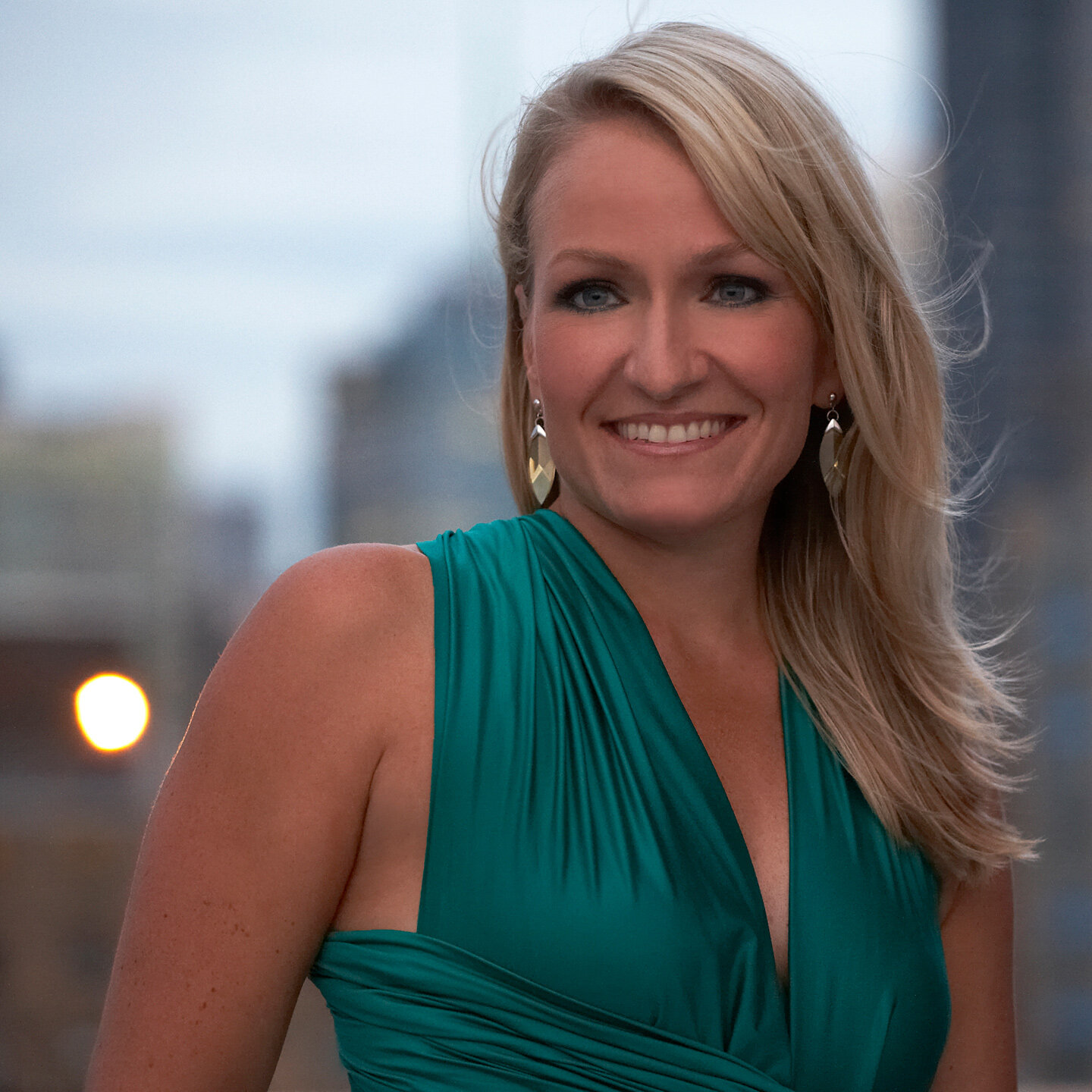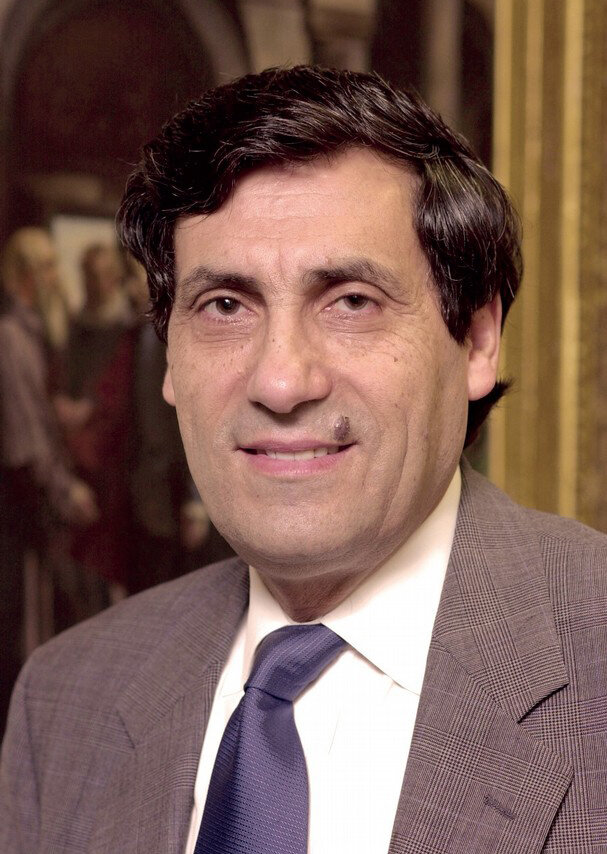Featured Image: Gustave Doré (1832–1883), The Inferno, Canto 34, 1857, engraving (PD-US)
The Encounter opens with music with Molly Morkoski, pianist, staged readings from The Divine Comedy with Giuseppe Mazzotta, Sterling Professor of Humanities for Italian at Yale University, and welcoming remarks by Seán Cardinal Patrick O’Malley, OFM, Cap, archbishop of Boston
———
In the late 1950s, Fr. Giussani was saying the following to his high school students:
“First, we must open ourselves to ourselves. In other words, we must be acutely aware of our experiences and look on the humanity within us with sympathy; we must take into consideration who we really are. To take into consideration means to take seriously what we experience, everything we experience, to discover every aspect, to seek the complete meaning.
“We must be very careful, because all too easily we do not start from our true experience; that is, from our experience in its entirety and authenticity. We often identify our experience with partial impressions, truncating it, as often happens with affective matters, when we fall in love or dream about the future.
“Even more often, we confuse, perhaps being unaware, our experience with the prejudices or schemes that we absorb from our environment. Therefore, instead of opening up to that attitude of expectation, sincere attention, and dependence that our experience suggests and fervently demands, we impose categories and explanations that constrict and distress our experience, while presuming to resolve it.
“The myth that ‘scientific progress one day will solve all our needs’ is the modern formula of this presumption, a wild and repugnant presumption, because it does not consider or even know our real needs. It refuses to observe our experience clearly and to accept what it means to be human, with all the needs that this implies. For this reason, modern civilization causes us to move blindly between this desperate presumption and darkest despair….
“… When we discover ourselves helpless and alone, our humanity spurs us to come together. If we meet someone who better feels and understands our experience, suffering, needs, and expectations, we naturally are led to follow that person and become his or her disciple. In that sense, such persons naturally constitute authority for us even if they do not carry special rights or titles. Naturally, above all, it is one who most loyally lives or understands the human experience who becomes an authority.
“Thus, authority is born as a wealth of experience that imposes itself on others. It generates freshness, wonder, and respect. Inevitably, it is attractive; it is evocative. …
“The encounter with this natural authority develops our sensitivity and our conscience; it helps us to discover better our nature and what we aspire to from the depths of our present poverty.”
Fr. Luigi Giussani, The Journey to Truth Is an Experience (McGill-Queen’s University Press, 2007), p. 54; 56-57.
———
Grand piano courtesy of Steinway & Sons







